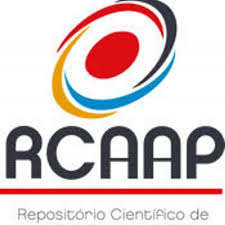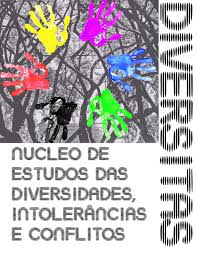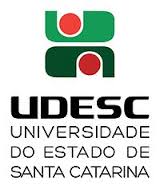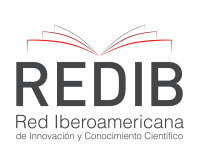A tradução: modelo de hibridação das culturas?
Resumo
A tradução pode pretender ser a base de uma ética das relações desencadeadas pela globalização das trocas? Tal é o papel que lhe é atribuído no campo da literatura e dos estudos interculturais em prol da reflexão sobre a pós-modernidade e o pós-colonialismo. A tradução é representada, nesse caso, como uma operação igualitária, na medida em que é efetuada no espaço pretensamente neutro que separa duas culturas. O estudo de caso apresentado aqui tende a invalidar essa representação, mostrando que o reflexo da tradução seria, antes de tudo, submeter o texto estrangeiro ao duplo tropismo da ortonímia e da ortodoxia.
Abstract: can translation provide an ethics for the intercultural relationships entailed by globalization? Such is the function which literary and intercultural theorists are presently assigning translation within their work on postmodernism and postcolonialism. Translation is represented as an egalitarian operation as it occurs in the supposedly neutral space between cultures. Our case study tends to invalidate this representation; it shows that translation imprints on the foreign text the double tropism of orthonymy and orthodoxy.
Abstract: can translation provide an ethics for the intercultural relationships entailed by globalization? Such is the function which literary and intercultural theorists are presently assigning translation within their work on postmodernism and postcolonialism. Translation is represented as an egalitarian operation as it occurs in the supposedly neutral space between cultures. Our case study tends to invalidate this representation; it shows that translation imprints on the foreign text the double tropism of orthonymy and orthodoxy.
Texto completo:
PDFApontamentos
- Não há apontamentos.
ISSN eletrônico: 1984-5677
ISSN impresso: 1519-0994





















